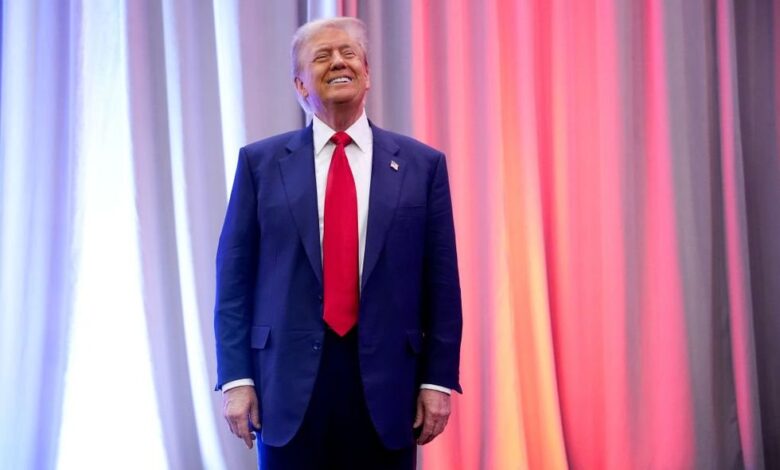Trump likely too popular to beat, Harris campaign admits

Several senior advisers of failed Democratic presidential candidate Kamala Harris have admitted that President-elect Donald Trump was likely too popular to beat in the 2024 election.
On Tuesday, the left-leaning show “Pod Save America” dropped an episode featuring Harris advisers David Plouffe, Jen O’Malley Dillon, Quentin Fulks, and Stephanie Cutter. The team did their best to spin the campaign and Harris’ overall performance in a positive light, but even they had to admit Trump had the edge almost from the moment Joe Biden dropped out and Harris got the nod.
“She had a huge deficit in favorability because either people didn’t know about her or what they did know about her was based off of negative media,” Cutter claimed.
Even the lone presidential debate between Harris and Trump, which the media claims Harris won, did little to move the needle, Plouffe explained, estimating it may have given Harris only a half-point boost.
“Even post-debate, we still had ourselves down in the battleground states.”
They also begrudgingly admitted that a larger share of the American electorate has warmed to Trump. Plouffe pointed out that this time around, Trump performed significantly better among voters without a college degree, especially those who are not white.
Others noted that voters look back on Trump’s first term favorably, especially when compared with the Biden-Harris administration. Between COVID and high inflation, Americans “had been through hell” the past four years, Cutter claimed, and were therefore remembering Trump’s time in office “much more fondly.”
In fact, Trump nostalgia was so strong that the Harris campaign attempted to stoke fear about a second Trump term, Plouffe indicated, and harped on his perceived weaknesses such as abortion and Project 2025.
“Once you have a former president running where 48% to 51% of the people approve of his first term and people are dissatisfied with the direction of the country, you have to raise the stakes of what a second term would be like,” Plouffe explained.
“So I think for us, we spent much more time trying to raise the stakes of a second term than re-arbitrating the first because voters just weren’t open to that,” he added.
“At the end of the day, the political atmosphere was pretty brutal.”
‘We got it to even, but the thing never moved.’
Another aspect of this “Pod Save America” episode that has garnered national attention was the discussion about the apparent disconnect between public polling numbers and the internal polling numbers, as Blaze News previously reported.
“We didn’t get the breaks we needed on Election Day,” Plouffe said. “I think it surprised people because there was these public polls that came out in late September, early October, showing us with leads that we never saw.”
Indeed, from about August 5 until October 23, the RealClearPolling average had Harris ahead of Trump, usually by about two points. Ipsos and Marist polls taken the first week of November likewise showed Harris with two-point and four-point national lead respectively.
Trump ended up winning the popular vote by about 1.6% and the Electoral College in a landslide, trouncing Harris 312 to just 226.
Nevertheless, in the weeks leading up to the election, the Harris team still viewed the race as “tight” and within “the margin of error,” believing they needed only a few data points to bounce their way to a Harris victory. Those bounces never happened.
“We got it to even, but the thing never moved,” Plouffe said.
O’Malley Dillon admitted that they knew heading into Election Day that Virginia would be “redder” than in the past two presidential elections, and by election night, they all had an inkling that the race would not go as hoped. As returns came in, Plouffe noted a “massive shift” to the right in traditionally blue states such as California, Connecticut, New Jersey, and New York, even as Harris still carried them.
“It ended up being a pretty strong tailwind for Donald Trump.”
H/T: NewsWire
Like Blaze News? Bypass the censors, sign up for our newsletters, and get stories like this direct to your inbox. Sign up here!




